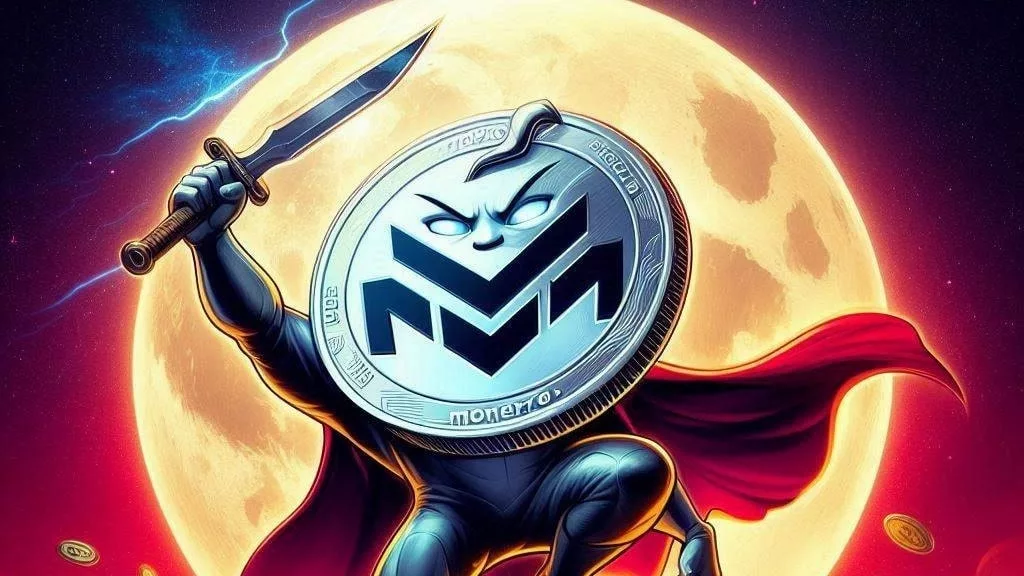
On July 24, 2024, Mt. Gox executed a substantial transfer of $2.47 billion worth of BTC during the early Asian trading session. According to Arkham Intelligence data, these funds were allocated to Bitstamp addresses as part of the ongoing efforts to reimburse creditors affected by the exchange’s infamous collapse.
Arkham Intelligence reported that Mt. Gox distributed 10,216 BTC (approximately $675.9 million) across four separate Bitstamp addresses. This transaction forms part of a larger strategy by the Mt. Gox Trustee, who is currently collaborating with multiple exchanges to settle outstanding debts to victims.
With this latest transfer, Mt. Gox’s remaining Bitcoin holdings now total approximately $5.3 billion. Analysts speculate that the remainder could be fully distributed as early as next week, potentially alleviating some of the selling pressure that has lingered in the market.
Despite the substantial amounts involved, recent market data indicates that previous repayments via exchanges like Kraken did not trigger significant downward pressure on BTC prices. Instead, there were noticeable outflows from exchanges post-payout, suggesting that some recipients opted to secure their assets in cold wallets rather than sell immediately.
As Mt. Gox progresses with its repayment obligations, regulatory scrutiny remains a pivotal factor in shaping market outcomes. Regulatory bodies, particularly in jurisdictions like the United States and Japan, where Mt. Gox operated, continue to monitor these transactions closely. The adherence to regulatory guidelines not only instills confidence in market participants but also sets precedents for future institutional dealings within the cryptocurrency space. Institutional oversight plays a crucial role in mitigating risks associated with large-scale transactions, ensuring compliance with anti-money laundering (AML) and know your customer (KYC) protocols to foster a secure and transparent financial environment.
Notably, in mid-July, Mt. Gox distributed about 48,641 BTC, yet Bitcoin’s price remained stable above $60,000. This resilience has led analysts to believe that the market could absorb the remaining repayments without precipitating major price declines.
However, analysts from QCP Capital caution that the options market reflects a cautious outlook, anticipating potential downward movements in BTC prices until market momentum strengthens. Factors contributing to this sentiment include the uncertainty surrounding the impact of the Ethereum Spot ETF and potential selling pressures from both Mt. Gox and the US government.
As of the latest updates, Bitcoin has maintained a strong defense of the $66,000 level, despite minor fluctuations that briefly dipped to the $65,000 range. Analysts suggest that if QCP Capital’s projections hold true, Bitcoin’s retest of the upper range around $71,000 could face delays until clearer market trends emerge.
In conclusion, Mt. Gox’s recent Bitcoin transfers highlight ongoing efforts to address historical liabilities and provide restitution to affected stakeholders. While these movements inject liquidity into the market, their impact on BTC prices remains nuanced, influenced by market sentiment, regulatory factors, and investor behavior.
As the cryptocurrency ecosystem navigates these developments, observers and participants alike are poised to monitor how Bitcoin reacts to upcoming repayments and external pressures. The outcome will likely shape broader perceptions of Bitcoin’s stability and resilience in the face of significant institutional transactions.



Get the latest Crypto & Blockchain News in your inbox.